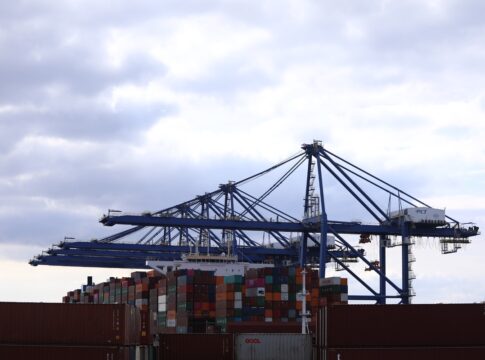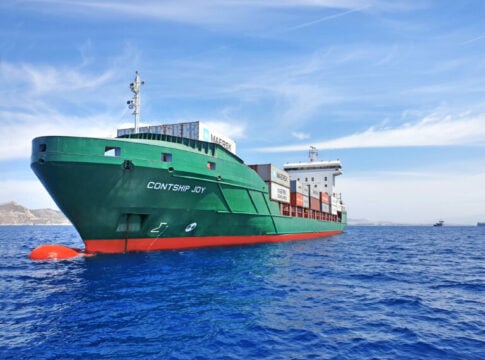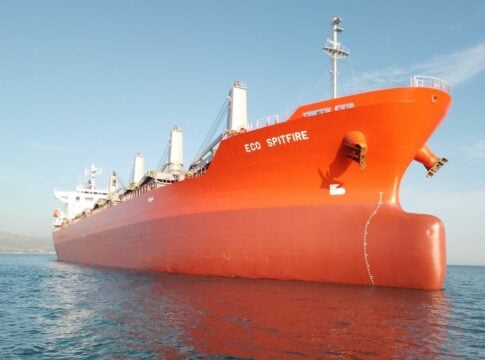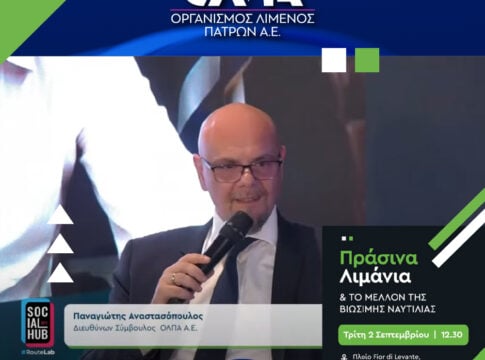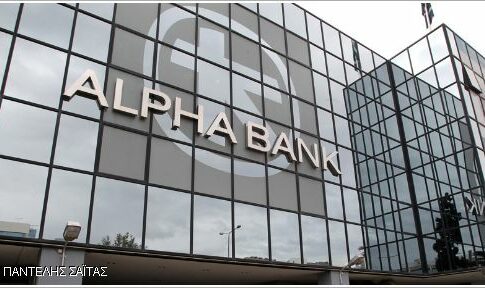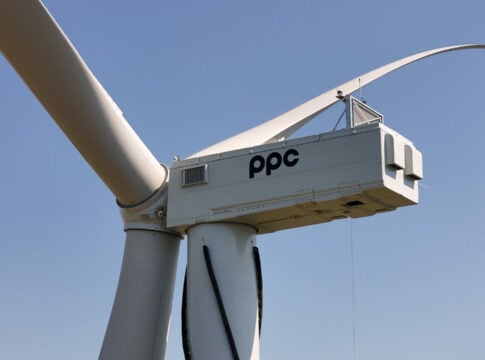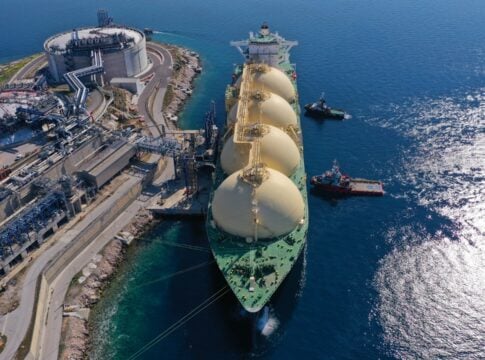Global economic activity continues to slow, while the inflation rate is slowly declining. The short-term outlook for the European economy is deteriorating, with the German economy now facing the risk of recession, while the duration of the war in Ukraine and the volatility of international energy prices are causing uncertainty, according to the Attica Economic Review September 2023, entitled “Sustainable rate of recovery under the shadow of deterioration in the international environment”, prepared by Attica Bank, in collaboration with the Foundation for Economic and Industrial Research (IOBE).
Meanwhile, the higher cost of money has contained consumption and investment plans of households and businesses. The international investment climate recorded a sharp decline in September, with the international capital markets showing a significant downward trend.
– Economic sentiment worsened in Europe in September, as weakening consumer confidence and deteriorating expectations in construction and retail trade prevailed over stabilizing business expectations in industry and services.
– International energy prices continue to record high volatility with the price of oil increasing significantly in September, while natural gas showed stagnation. The euro fell further against the dollar in the same month.
– Private sector funding costs continued to rise in the eurozone in August. Accordingly, government bond yields moved upward until September, both in Europe and in the US.
– Among the international challenges, fiscal policymakers are asked to respond to the difficult task of managing expectations that have been created during the period of systematic fiscal stimulus over the last years, in order to coordinate with the corresponding manipulations of monetary policymakers.
Domestic trends
Greece’s economic activity recorded a recovery stronger than the average in Europe, however, its course is threatened by the “clouds” of slowdown in the international and European economy, according to the Attica Bank report. With confidence boosted by the recovery of investment grade by the first of the four international rating agencies recognized by the ECB, DBRS, the spread of Greek government bonds is gradually narrowing against the eurozone core. However, the investment climate in the domestic capital market worsened in September due to the pressures in the international markets. Inflation has decelerated to levels close to 3%, however core inflation (excluding energy and unprocessed food) remains higher than the European average.
Positive developments:
– Recent increases in Greek bond yields remain softer than those in most European countries.
– The labor market is showing progress, albeit at a slower pace, with the unemployment rate falling below 11% in mid-2023.
– The external balance deficit is shrinking, although at a slower pace.
Challenges:
– Short-term activity indices, such as industrial production and retail trade, recorded a decline in mid-2023.
– Natural disasters require targeted policy interventions, while increasing pressure on limited fiscal room.
– Credit expansion to the private sector as well as the development of NPLs on banks’ balance sheets show signs of stagnation during 2023.
– The rising cost of financing the private sector is an obstacle to new productive investment.



